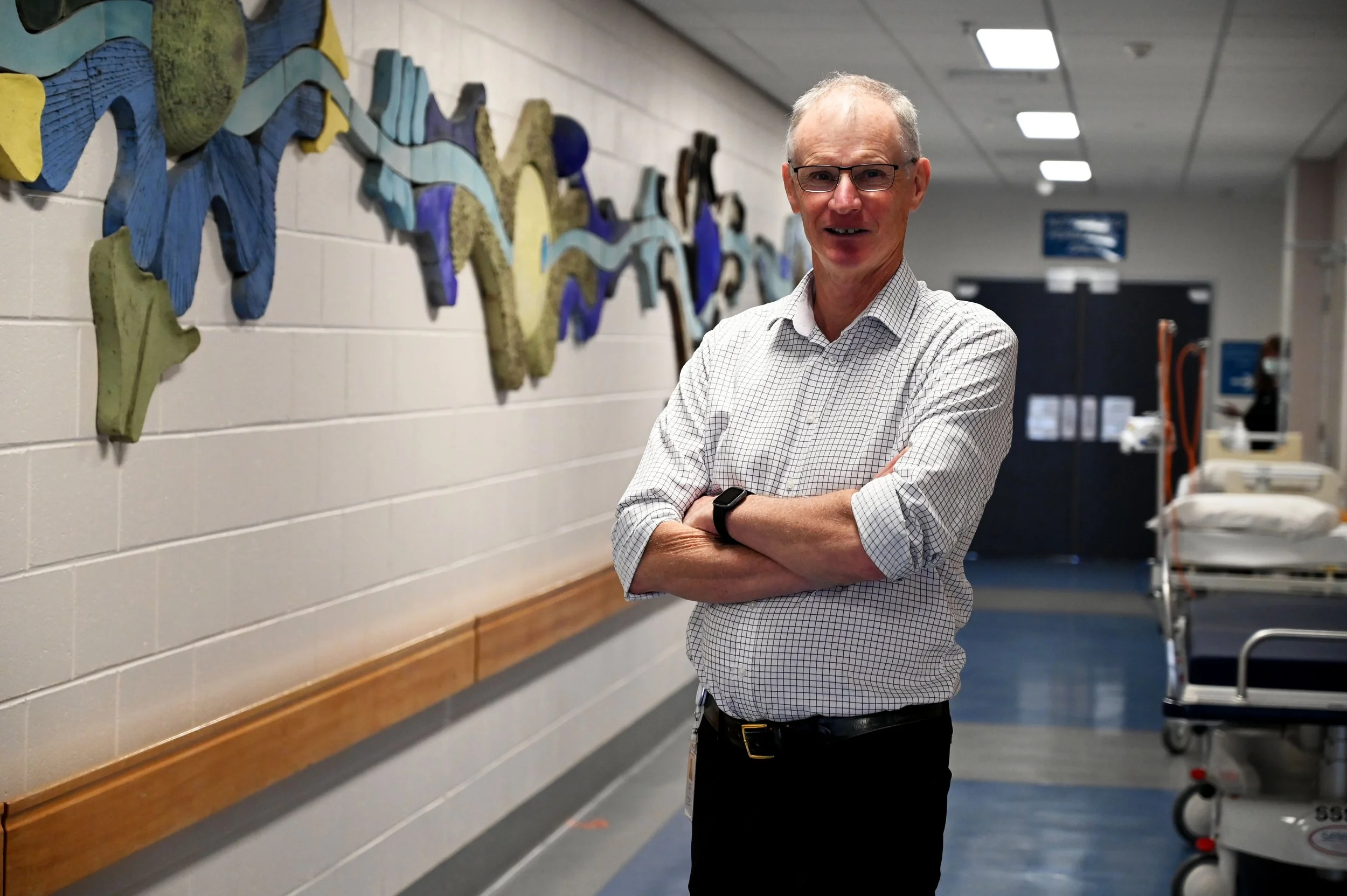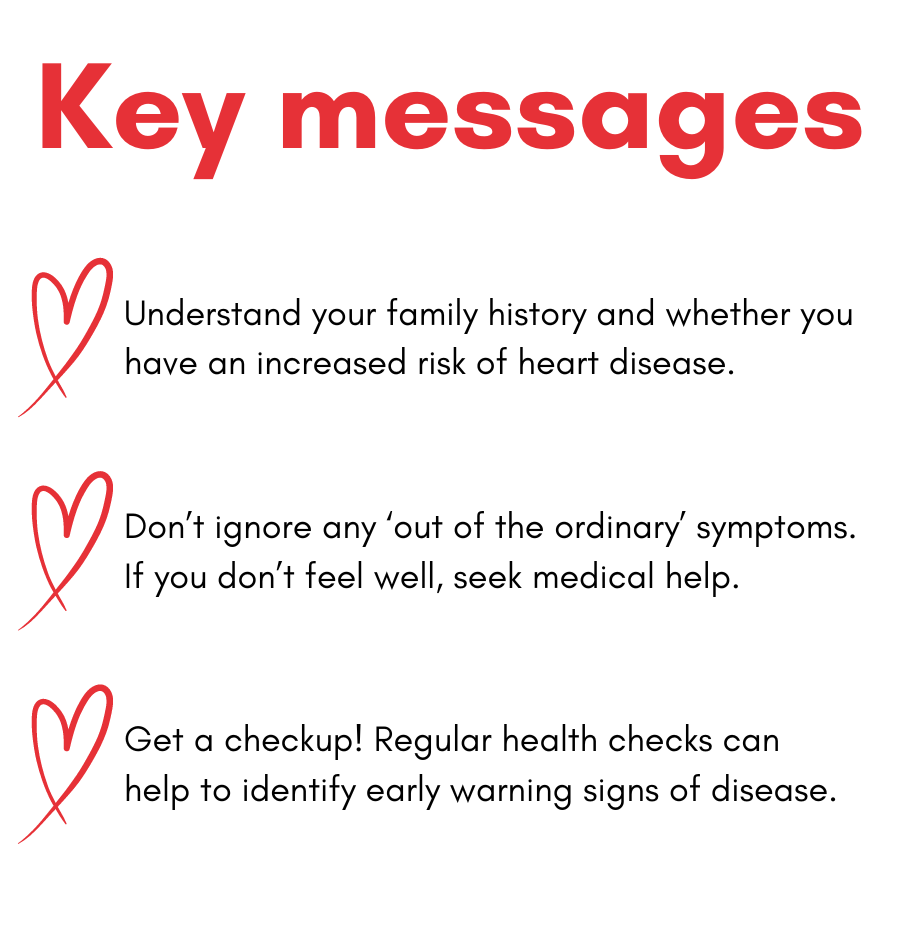Dr Stuart Guest is the last person you'd expect to have a heart attack. But three months ago he did.
Dr Guest has been a General Practitioner for decades, working in Launceston for more than 40 years before retiring from practice in August 2022.
At 67 years of age, he is still kept busy, working at the Launceston General Hospital Emergency Department up to 25 hours a week.
Having responded to an urgent call-out for locum support on the West-Coast over the June long weekend, Dr Guest was working in Queenstown when his heart attack happened.
As someone who enjoys a weekly bike ride and goes to the gym regularly, he had lifted weights just days prior.
So, when he started experiencing back pain, he thought he must have just pulled a muscle.
However, as his symptoms continued to worsen, he soon realised he was in real trouble.
“I had been seeing patients, but the back pain was persisting,” he said.
“When I couldn’t eat breakfast, I knew something was not right.
“I was fortunate to be in a hospital setting, and I had blood tests done on the advice of a nurse.
“These soon revealed I had high troponin levels. This when I realised I was having a heart attack.”
Dr Guest was flown to the Launceston General Hospital, where urgent surgery revealed he had one blocked artery and a severely narrowed artery.
In fact, his left anterior descending (LAD) artery – often referred to as the widowmaker – was 90 per cent blocked.
It took four hours to clear the blockage, and during his surgery Dr Guest also suffered a cardiac arrest.
He went on to spend five days in the LGH intensive care unit and is just now coming to terms with how differently things could have ended for him.
“My mother died of a heart attack when she was 44,” he explained.
“A lot has changed since then in terms of treatments, and what can be done in surgery.
“However, I knew I had a family history and yet I was complacent.
“I really should have had a stress test or a calcium score earlier.
“But I was asymptomatic and I guess I took my good health for granted.”
A heart stress test is a method for evaluating heart function and blood flow and helps determine if your heart is receiving an adequate blood supply.
Similarly, a calcium score test is a CT scan that shows how much calcium is in a person’s arteries. A build-up of calcium can narrow the arteries and reduce blood flow to the heart.
Further, if you have a family health history of heart disease, you are more likely to develop heart disease yourself. Different types of heart disease and related conditions, like high blood pressure and high blood cholesterol, can run in families.
Now almost three months on from his heart attack, Dr Guest is slowly returning to doing the things he loves – including his weekly bike rides and working as a doctor.
He has also taken up Parkrun, with a goal of completing the 5-kilometres circuit in under 30 minutes.
In sharing his story, he hopes to encourage others not to become complacent about their heart health.
“Things could have ended very differently for me. I ignored my symptoms for 16 hours,” he said.
“Now I am getting back into things, I really recognise how lucky I am.
“I would also like to thank all the incredible healthcare professionals who helped me. From the nurses in Queenstown, the paramedics, the team in ICU, my interventional cardiologist and cardiac rehab team.
“This has been just as much of a mental challenge.
“It would be far easier to just sit back and do nothing. But it’s a choice and a commitment I’m making to be healthy.”



